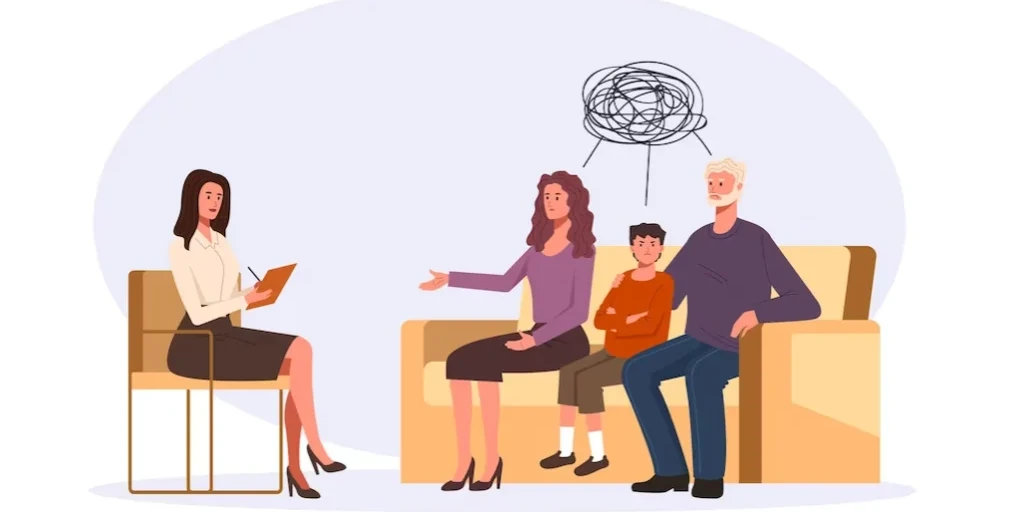24/7 Helpline:
(866) 899-221924/7 Helpline:
(866) 899-2219
Learn more about Ecstasy Rehab centers in La Grande
Ecstasy Rehab in Other Cities

Other Insurance Options

Covered California

Excellus

Molina Healthcare

Aetna

AllWell

Premera

UMR

Medical Mutual of Ohio

Self-pay options

CareSource

Multiplan

Holman Group

Regence

State Farm

Absolute Total Care

EmblemHealth

WellPoint

Group Health Incorporated

Optima

Highmark

Center for Human Development
Center for Human Development is a private rehab located in La Grande, Oregon. Center for Human Devel...

Jonathan M. Wainwright Memorial VA Medical Center – La Grande VA Community Based Outpatient Clinic
Jonathan M. Wainwright Memorial VA Medical Center - La Grande VA Community Based Outpatient Clinic p...


Heart Steps Counseling Services
Heart Steps Counseling Services is a private rehab located in La Grande, Oregon. Heart Steps Counsel...

Grande Ronde Recovery
Grande Ronde Recovery is a private rehab located in La Grande, Oregon. Grande Ronde Recovery special...
































































































